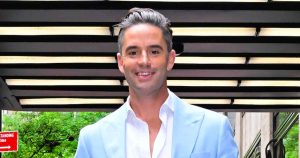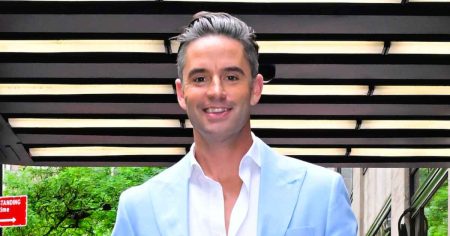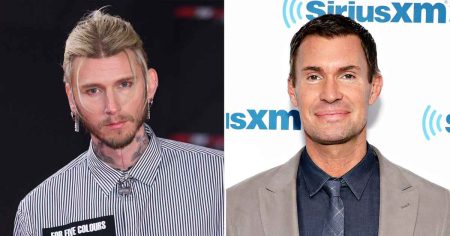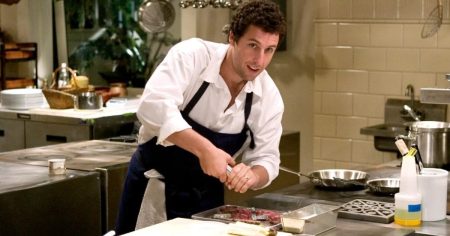Tom Holland, widely recognized for his portrayal of Spider-Man, recently opened up about the challenges he faced during the production of the Apple TV+ miniseries, The Crowded Room. He described the set as a place riddled with "animosity," marked by frequent arguments and clashes between individuals involved in the project. While he refrained from divulging specific details about the sources of conflict, Holland’s statement offers a glimpse into the potentially stressful environment he navigated throughout filming. This revelation highlights the often-unseen pressures and interpersonal dynamics that can exist behind the scenes of a major television production, contrasting with the polished final product presented to audiences.
Crucially, Holland credits his sobriety as a vital tool in managing the stressful atmosphere he encountered on set. Having recognized his dependence on alcohol, the actor had made a conscious decision to abstain. He believed that resuming drinking amidst the existing tensions would only exacerbate the situation, potentially leading to negative consequences. This decision underscores the significance of his commitment to sobriety, showcasing its role not only in his personal life but also in his professional capacity. It also highlights the proactive approach Holland took to maintain his well-being while navigating a difficult work environment.
The miniseries, The Crowded Room, delves into the complex subject of dissociative identity disorder (DID), drawing inspiration from the real-life case of Billy Milligan. Holland’s portrayal of Danny Sullivan, a character loosely based on Milligan, required him to explore the psychological intricacies of someone living with this challenging condition. This role demanded a deep emotional investment from Holland, pushing him to confront difficult themes and portray a character grappling with profound internal struggles. The actor’s experience exemplifies the emotional toll that demanding roles can take on actors, particularly when portraying characters experiencing mental health challenges.
Holland has been candid about the profound impact the role had on his mental health, describing it as unlike anything he had experienced before. He spoke of struggling to separate himself from the character, even contemplating shaving his head mid-production to shed the emotional weight of Danny Sullivan. This intense identification with the character, coupled with the already strained environment on set, created a perfect storm that pushed Holland to his limits. His experience serves as a testament to the dedication and emotional vulnerability required of actors, especially when tackling roles that delve into complex psychological terrain.
The actor’s journey to sobriety has been a significant personal transformation. He described a pattern of excessive drinking on Fridays, using alcohol as a means to unwind after a week of work. While acknowledging that he didn’t necessarily have "bad experiences" while drinking, Holland recognized that his consumption was impacting his subsequent days and overall well-being. This realization prompted him to actively seek support from family, friends, and colleagues, both old and new, some of whom were also on their own sobriety journeys. This support network played a crucial role in helping him navigate the challenges of maintaining sobriety.
Holland’s lawyer provided pivotal advice that resonated deeply with him: "You’ll never wake up the morning after a night out and wish you had a drink." This simple yet profound statement struck a chord with Holland, helping him solidify his resolve to remain sober. It addressed his tendency to overindulge after having just one drink, highlighting the slippery slope he often found himself on. He recognized the wisdom in this advice and found strength in it, using it as a guiding principle in his commitment to sobriety. This anecdote underscores the power of insightful counsel and the importance of surrounding oneself with supportive individuals during challenging times.










